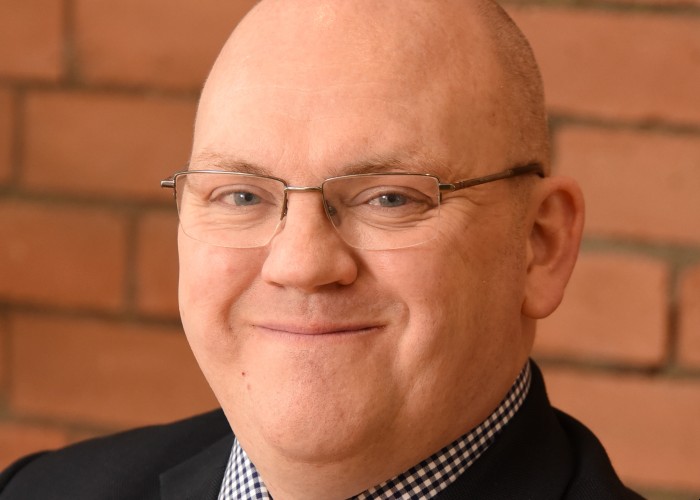PDA: Thousands of pharmacists striking is 'realistic possibility'
In Profession
Follow this topic
Bookmark
Record learning outcomes
By Neil Trainis
Pharmacists’ Defence Association director Paul Day has warned that strike action by thousands of its members is “a realistic possibility” and industrial action is “likely because many pharmacists in the NHS are angry” at the Government’s failure to improve levels of pay.
Mr Day [pictured] told Independent Community Pharmacist that a large number of pharmacists have contacted pharmacy’s union to say they favour industrial action as the crisis engulfing the wider NHS deepens, with nurses set to strike again this month and junior doctors planning strike action in March.
The PDA has more than 35,000 pharmacist members in the UK but Mr Day stressed that industrial action, subject to a ballot, could be taken by members who are on Agenda for Change contracts including hospital pharmacists. The PDA has more than 7,000 such members.
He said the PDA is examining the responses of “an indicative survey” of members to gauge whether a vote is feasible given the law requires all industrial action ballots reach a 50 per cent turnout with at least 40 per cent voting in favour.
“We’re looking at the responses to the indicative survey and considering what that means for a potential ballot. Strike action is a realistic possibility and getting a majority for industrial action is likely because many pharmacists in the NHS are angry and at their last resorts to help save the NHS, but the anti-union laws make it hard to meet all legal restrictions,” he said.
“For example, the Royal College of Midwives had over 10,000 members vote for strike action, with only 1,400 saying no to strike and just 700 saying no to other forms of industrial action. That was not only a massive majority but meant more than 40 per cent of their members voted for strike action; but overall the turnout was not quite 50 per cent. So that was not considered a ‘yes’ vote in law.
“Other unions have also struggled to reach these thresholds in many places, and some other well-established unions have concluded they would not be able to reach the required percentages so have not even balloted.”
In November last year, Unite balloted thousands of NHS staff including members of the Guild of Healthcare Pharmacists on possible industrial action. Mr Day said the “mood among NHS-employed pharmacists seems to match the mood of other health professionals,” namely that the “NHS is in crisis and something needs to be urgently done.”
A PDA ballot on strike action would appear to clash with its Safer Pharmacies Charter which sought to maintain patient safety in all pharmacies by calling for safe staffing levels and ensuring the public has access to a pharmacist.
When asked if strike action would violate those principles, Mr Day said: “Pharmacists should also always prioritise patient safety in accordance with their professional duties, the NHS terms of service, and their employment contracts. However, it is because patients are not getting the care they should on non-strike days, and yet the government have failed to fix the issues, that NHS-employed health professionals are resorting to strike action.”
He warned that if the government continually refuses to improve pay levels, then “staffing in the NHS is likely to get even worse as the vicious cycle of overwork and stress means less join, more leave, and staffing gets worse, leading to more pressure” before that “cycle repeats.”

